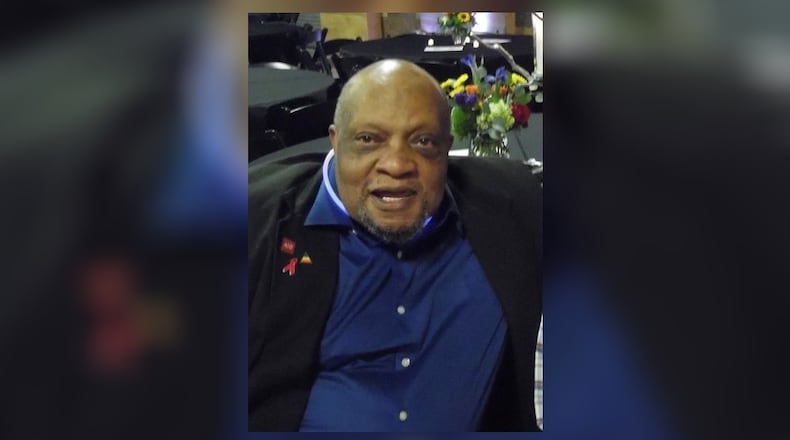My diagnosis came in 2002. It’s hard to believe it’s been 20 years. But thanks to modern treatment, HIV is a chronic condition for me and for most people living with it. One miracle pill a day or injections we can take every two months bring the virus down to undetectable levels.
And when the virus is undetectable, it’s un-transmittable. In fact, if everyone living with HIV had the medical and mental health support they needed to take this medication regularly, we would end the epidemic, simple as that.
But people are still getting HIV today, about 960 a year in Ohio. Why? And what can we do about it? The first thing we can do is fix six deeply flawed state laws that punish people living with HIV for crimes they literally cannot commit.
Six laws written in the 1990s and updated in 2000 make it a felony crime for a person living with HIV to spit on another person. We now know that HIV is not transmitted through saliva. We know that people with undetectable viral loads can’t transmit the virus at all. But they can can still go to jail for a crime they can’t commit.
People living with HIV can be charged with a felony when someone accuses them of having intimate relations without disclosing their status. Undetectable and un-transmittable viral loads are not a defense, and many safe, responsible interactions that will not transmit the virus regardless of levels are still subject to felony charges.
For me and everyone living with HIV, an angry ex-partner can falsely accuse me of hiding my status, and the burden of proof is on me instead of the accuser. That’s un-American.
In all these cases, the accuser staying testing negative for HIV is not a defense. These fear-based, unscientific laws have consequences that go much further than criminal prosecution. Misinformation sows fear and stigmatization.
When I was diagnosed, I realized how I was going to have to disclose my status to family, friends and health care workers. It gets scary because you don’t know how you’re going to be treated.
While close family has been supportive, my biggest problem is extended family. Our family on my mother’s side is very close. But ever since my diagnosis, I’m the black sheep, the last one to know about a picnic or a reunion.
A dentist refused to treat me for fear of HIV transmitting to him. We’ve known for decades how to make sure that doesn’t happen, but his fear trumped his training.
And keep in mind that good medical care means that the virus is undetectable and un-transmissible by me.
At the time of my diagnosis, I was a horse trainer, with 60 horses in my care. Because I wanted to the right thing, I gave up the job I loved to prevent transmitting the virus through an accident and bleeding.
If my diagnosis came today, I would have stuck with my job, knowing how to keep my coworkers safe while living my life.
I ask everyone reading my story to reach out to your state representative, state senator – you can find yours here – and Gov. DeWine. Check out the good work being done by the Ohio Medical Modernization Movement coalition. And be kind to one another.
Let’s end this epidemic together.
William Booth, a Dayton resident, is Ohio organizer/mobilizer for the AIDS Healthcare Foundation and a nationally recognized HIV/AIDS advocate, educator and activist.
About the Author
